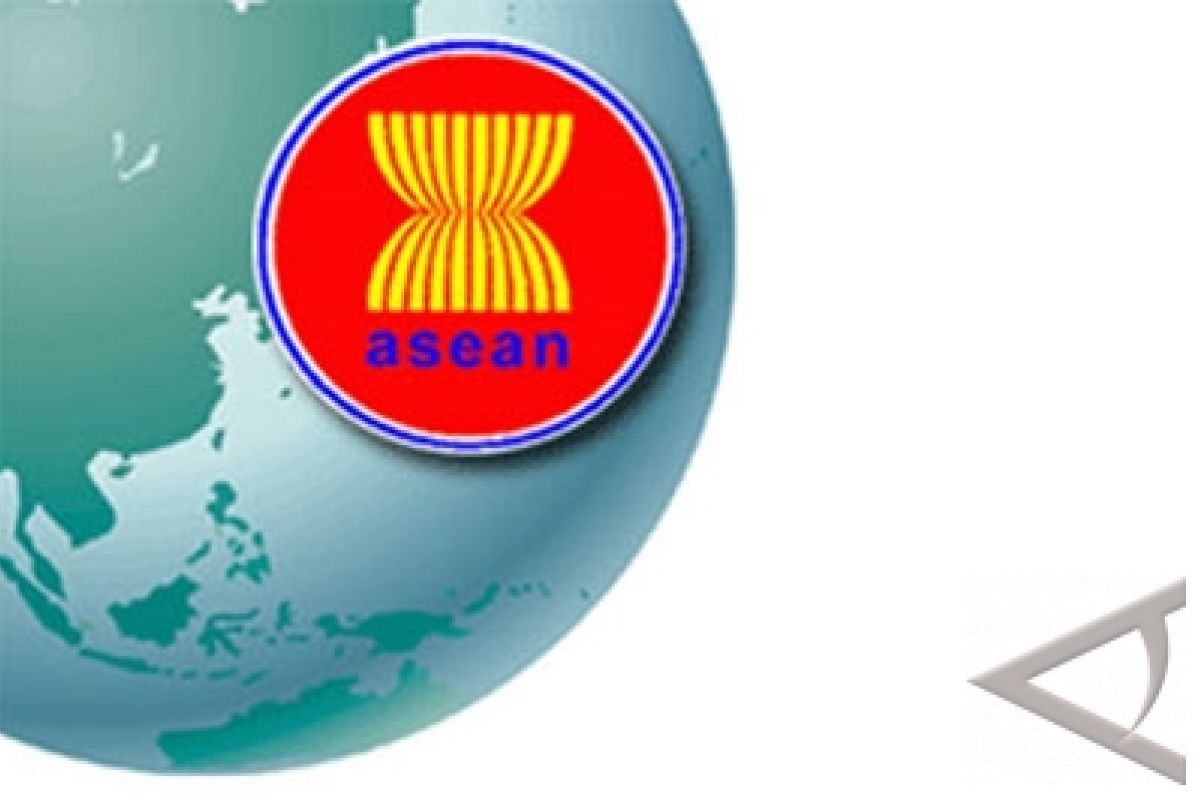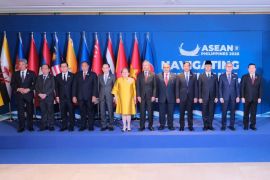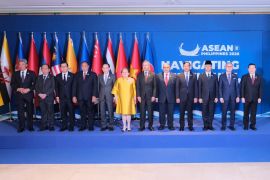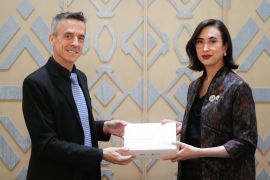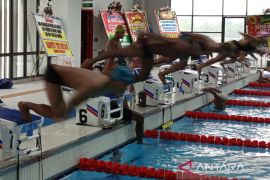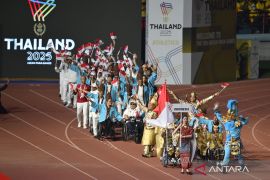In the support of the ATR, which was called for in the Asean Trade in Goods Agreement (ATIGA) signed in February 2009, the Asean Senior Economic Officials Meeting (SEOM) discussed the elements at a workshop held in Jakarta recently, according to statement of the Jakarta-based Asean Secretariat.
The ATR will allow traders easier access and better compliance with prescribed regulations, reducing the amount of time necessary for each transaction.
This improvement will help cut cost of trading. Likewise, governments can benefit from the ATR as voluntary compliance of traders is more effective than enforced compliance.
The Senior Officials also discussed possible models for National Trade Repositories (NTRs) that will support the ATR at national level.
Both Repositories will be a one-stop reference point for all tariff and non-tariff measures to be applied to goods entering, exiting and transiting a Member State, including all governmental requirements regarding specific commodities.
"Establishing NTRs in all Asean Member States is necessary for the implementation of the ATR and the ATR is a critical component of our effort to make trade regulations in Asean more transparent," said Gusmardi Bustami, Chair of SEOM.
Gusmardi also highlighted Indonesia`s efforts to lead the initiative by making available all its trade rules and regulations through the existing Indonesian National Single Window (INSW) portal. Indonesia is the Chair of Asean for 2011.
Prior to the workshop, officials from the Ministry of Trade of Indonesia and other government agencies gathered for a full-day workshop on the establishment of the Indonesian NTR.
Trade facilitation expert, Mr Walter Hekala, stated, "The establishment of the user-friendly and comprehensive ATR will facilitate trade by ensuring that all Asean trade rules are available through a single site, while the hosting on the NTRs will give the highest assurance of reliability."
The SEOM and Indonesia workshops were supported by the U.S. Government through the ASEAN-U.S. Technical Assistance and Training Facility.
The AseanTrade in Goods Agreement (ATIGA) entered into force in May last year. The ATIGA consolidates all commitments related to trade in goods. It focuses on tariff liberalisation, non-tariff measures and includes matters related to simplification of rules of origin and its implementation. Various agencies and regulatory bodies dealing with entry of goods will jointly operate in ensuring smoother operations at the Customs entry points.
The Asean Economic Ministers have set 2015 as the target to have the ATR fully operational.
(Tx,F001/HAJM/P003)
Editor: Priyambodo RH
Copyright © ANTARA 2011
